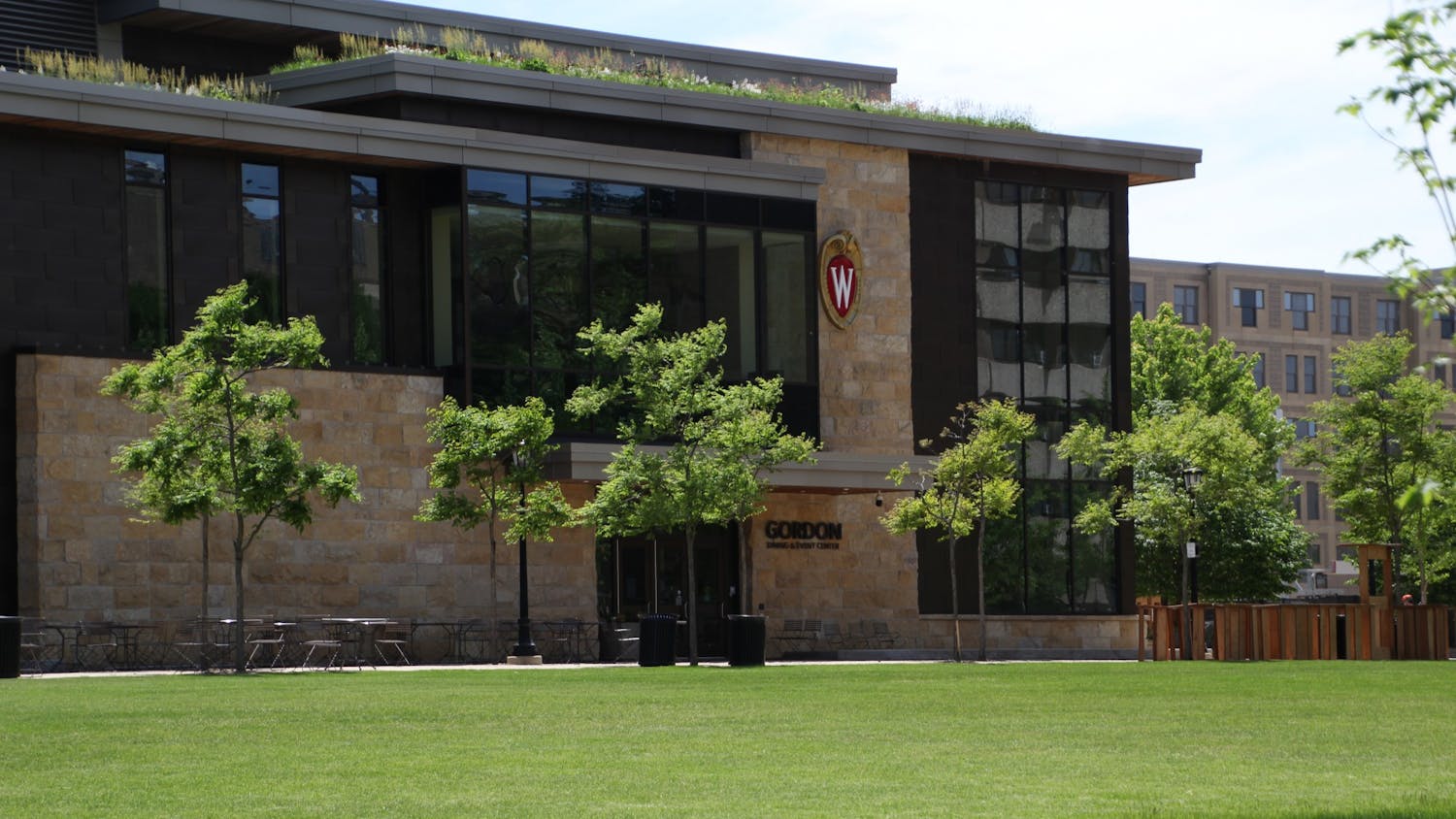Toward the end of every spring semester, Mifflin Street residents open their doors to hundreds of UW-Madison students and Madison residents for a Saturday of celebration. The residents of one house, though, are planning for their home to serve a different purpose and mirror the inaugural Mifflin Street Block Party.
May 3, 1969 was the first of three days of riots that filled the street. The protests came with the rise of the Vietnam antiwar movements. This time also sparked tensions between “radicalized” city residents and local police, according to an Isthmus article.
Four housemates—Keegan Lynch, Tim Ahn, Sam Faulkner and Matthew Schuerer—have been collaborating to make their house not a violent protest—like the original riots—but a “place of peace,” as a Facebook page they created says, during the current political climate.
Lynch, who has lived in his home on Mifflin Street since 2013, said the block party used to stand for something, and they want their home to be a “centrified pulse” for making it meaningful.
“We thought it would be cool to kind of swing the focus back to something like [a protest] since, politically right now, things are going super haywire for the nation,” Lynch said. “We have the ability to bring these things up through holding an event. That's our civic duty.”
The group is still developing plans for the event, and using the “Make Mifflin a protest again” Facebook page as a think tank for all community members to share ideas. They plan to reach out to neighbors along the street, and will hang banners and signs outside their home.
They are also considering having live music and speakers featured outside. They are not sure which specific issues they will cover, or which will still be prominent once the April 29 party arrives.
While the group is concerned about conflicts arising during the block party, Faulkner said having an event like this on Mifflin Street has one important advantage—it’s visible. Ahn said the time is right as well.
“The political climate is kind of perfect right now,” Ahn said. “Some things need to be said.”






